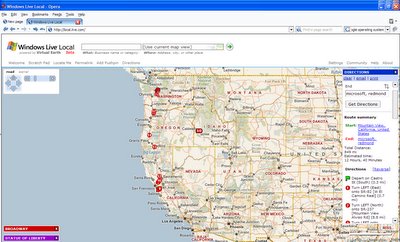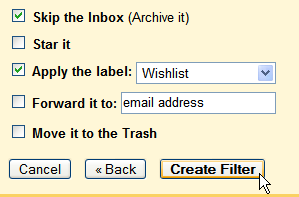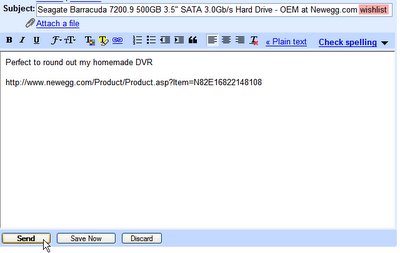Getting the most out of knowledge workers will be the key to business success for the next quarter century.
says Eric Schmidt in an interesting
Newsweek article.
What follows are seven key principles Google use to make knowledge workers most effective.
* Hire by committee. Virtually every person who interviews at Google talks to at least half-a-dozen interviewers, drawn from both management and potential colleagues. Everyone's opinion counts, making the hiring process more fair and pushing standards higher.
* Cater to their every need. As Drucker says, the goal is to "strip away everything that gets in their way." We provide a standard package of fringe benefits, but on top of that are first-class dining facilities, gyms, laundry rooms, massage rooms, haircuts, carwashes, dry cleaning, commuting buses—just about anything a hardworking engineer might want.
* Pack them in. Almost every project at Google is a team project, and teams have to communicate. The best way to make communication easy is to put team members within a few feet of each other. The result is that virtually everyone at Google shares an office.
* Make coordination easy. Because all members of a team are within a few feet of one another, it is relatively easy to coordinate projects. In addition to physical proximity, each Googler e-mails a snippet once a week to his work group describing what he has done in the last week.
* Eat your own dog food. Google workers use the company's tools intensively. The most obvious tool is the Web, with an internal Web page for virtually every project and every task.
* Encourage creativity. Google engineers can spend up to 20 percent of their time on a project of their choice. There is, of course, an approval process and some oversight, but basically we want to allow creative people to be creative. One of our not-so-secret weapons is our ideas mailing list: a companywide suggestion box where people can post ideas ranging from parking procedures to the next killer app.
* Strive to reach consensus. Modern corporate mythology has the unique decision maker as hero. We adhere to the view that the "many are smarter than the few," and solicit a broad base of views before reaching any decision. At Google, the role of the manager is that of an aggregator of viewpoints, not the dictator of decisions.
* Don't be evil. Much has been written about Google's slogan, but we really try to live by it, particularly in the ranks of management.
* Data drive decisions. At Google, almost every decision is based on quantitative analysis. We've built systems to manage information, not only on the Internet at large, but also internally. We have dozens of analysts who plow through the data, analyze performance metrics and plot trends to keep us as up to date as possible. We have a raft of online "dashboards" for every business we work in that provide up-to-the-minute snapshots of where we are.
* Communicate effectively. Every Friday we have an all-hands assembly with announcements, introductions and questions and answers. (Oh, yes, and some food and drink.) This allows management to stay in touch with what our knowledge workers are thinking and vice versa. Google has remarkably broad dissemination of information within the organization and remarkably few serious leaks. Contrary to what some might think, we believe it is the first fact that causes the second: a trusted work force is a loyal work force.








